Dell working on mood-reading software
Dell is developing software capable of identifying the current mood of the user
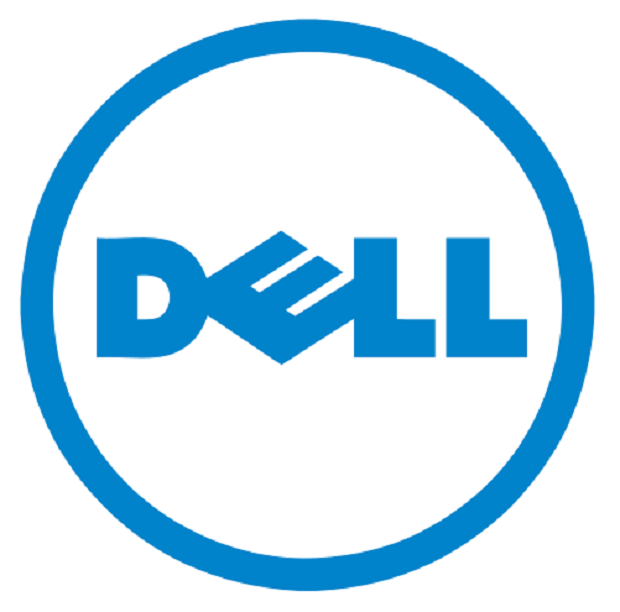

Dell Research is developing new software that can monitor the emotional state of someone wearing one of their brain activity headsets, the BBC reports.
The news comes from the head of Dell's new research and development division, Jai Menon, who explained the mood-reading technology is being designed for use both at home and in the office.
Two researchers are currently working on developing the technology, with the team determining whether their existing headsets can give a consistently reliable reading of what the wearer is feeling.
Jai Menon said of the research: "If I can sense the user is working hard on a task, an intuitive computer system might then reduce distractions, such as allowing incoming phone calls to go directly to voicemail and not letting the user be disturbed.
"Similarly, if they've been concentrating [for] a long time, maybe it could suggest a break," he added.
Dell's current brain activity headsets cost between 60 and 120. Brain monitoring hardware is primarily used to help people with severe disabilities interact with computers or wheelchairs, though it is being developed for wider use with this software and other projects like it.
Other examples of this technology, such as Moodscope from Microsoft, which determines the user's mood by looking at smartphone use, are also being worked on. IBM is reportedly testing the capabilities of its own brain-monitoring devices.
Get the ITPro daily newsletter
Sign up today and you will receive a free copy of our Future Focus 2025 report - the leading guidance on AI, cybersecurity and other IT challenges as per 700+ senior executives
Experts such as human-computer interaction expert Dr Bernie Hogan from the University of Oxford, have expressed some scepticism about the project.
"I think the potential for these things is astronomical, but we've been told this technology has been five years away for decades," he said.
Menon has admitted that the technology currently only predicts the emotional state of the wearer around 50 per cent of the time, though has assured that this figure is set to dramatically increase in the near future.
"We're trying to push the accuracy of our software into the 90 per cent or better range, and if we can get there then the product starts to make sense."
Research into the potential impact of wearable technology on the workplace indicated that it could significantly improve employee productivity. In the results published in the Human Cloud at Work report, it showed that employee productivity was boosted by 8.5 per cent and job satisfaction by 3.5 per cent.
An app for Google Glass wearers that allowed them to take photos and videos and post them online using just their minds was recently unveiled by London-based firm This Place, using a Neurosky EEG biosensor to translate brain activity into action.
Founder and CEO of This Place, Dusan Hamlin, said: "Google Glass is one of the world's most recognisable and popular pieces of wearable technology, but after getting our hands on it, the challenge of connecting it to brainwaves was one we could not resist."
Caroline has been writing about technology for more than a decade, switching between consumer smart home news and reviews and in-depth B2B industry coverage. In addition to her work for IT Pro and Cloud Pro, she has contributed to a number of titles including Expert Reviews, TechRadar, The Week and many more. She is currently the smart home editor across Future Publishing's homes titles.
You can get in touch with Caroline via email at caroline.preece@futurenet.com.
-
 Should AI PCs be part of your next hardware refresh?
Should AI PCs be part of your next hardware refresh?AI PCs are fast becoming a business staple and a surefire way to future-proof your business
By Bobby Hellard
-
 Westcon-Comstor and Vectra AI launch brace of new channel initiatives
Westcon-Comstor and Vectra AI launch brace of new channel initiativesNews Westcon-Comstor and Vectra AI have announced the launch of two new channel growth initiatives focused on the managed security service provider (MSSP) space and AWS Marketplace.
By Daniel Todd
-
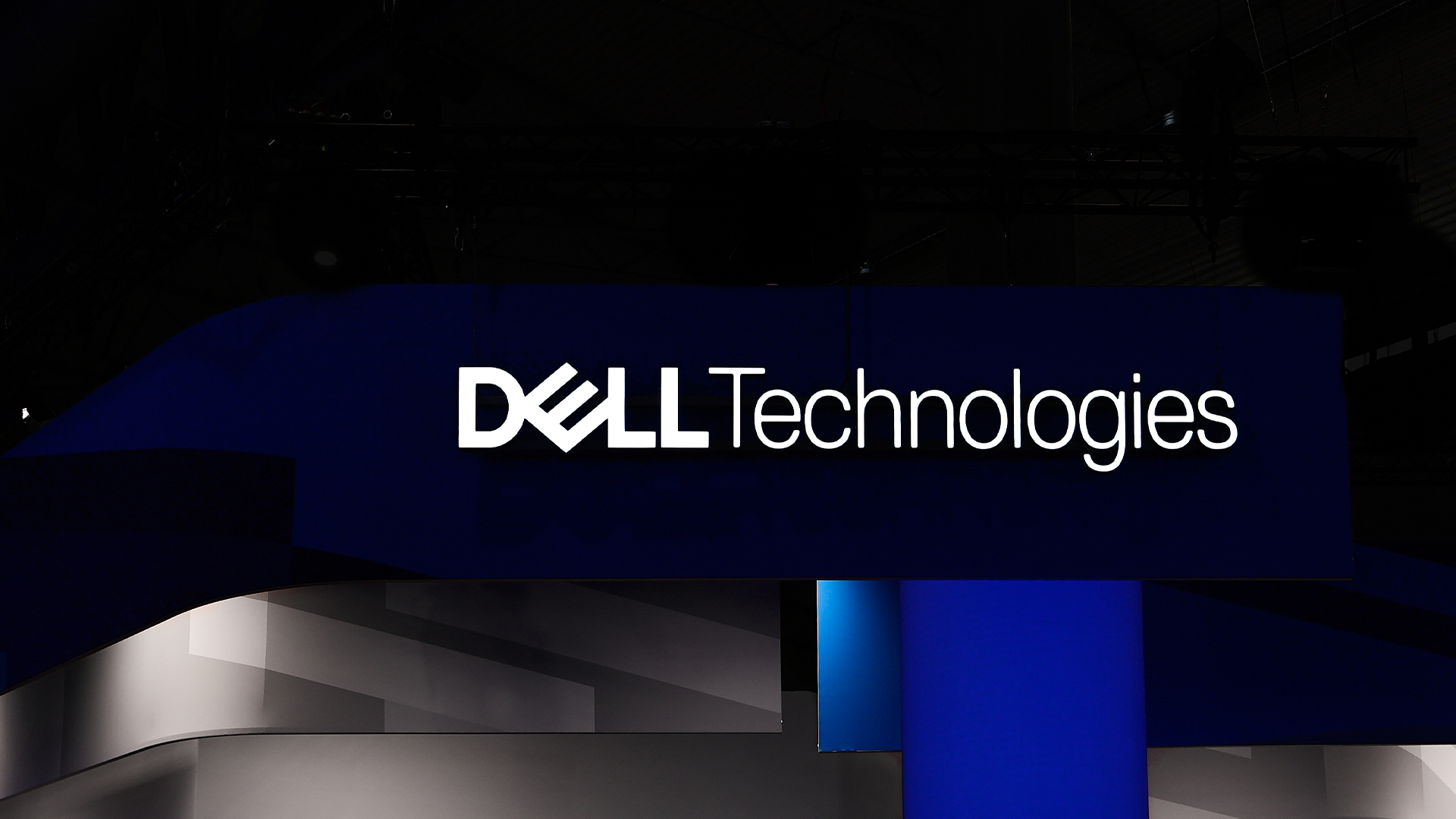 Scale of Dell job cuts laid bare as firm sheds 10% of staff in a year
Scale of Dell job cuts laid bare as firm sheds 10% of staff in a yearNews Dell Technologies’ workforce has reduced significantly in recent years, figures show, with headcount at the tech giant dropping by 10% in 2025 alone.
By Nicole Kobie
-
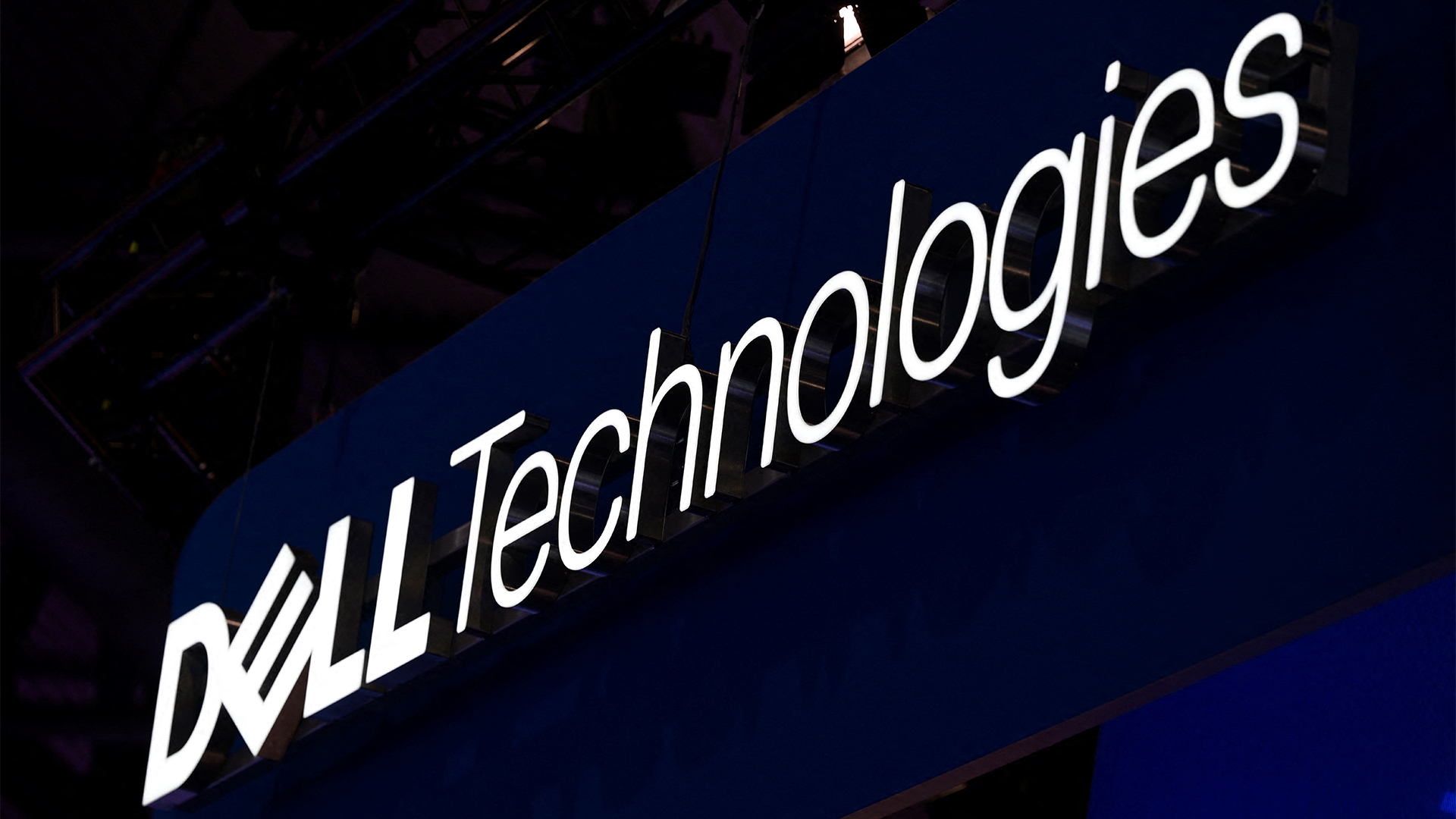 Dell Technologies just revamped its Partner Program for 2025 – here's what to expect
Dell Technologies just revamped its Partner Program for 2025 – here's what to expectNews Dell Technologies has unveiled its revamped Partner Program for 2025, offering a range of new incentives for partners.
By Emma Woollacott
-
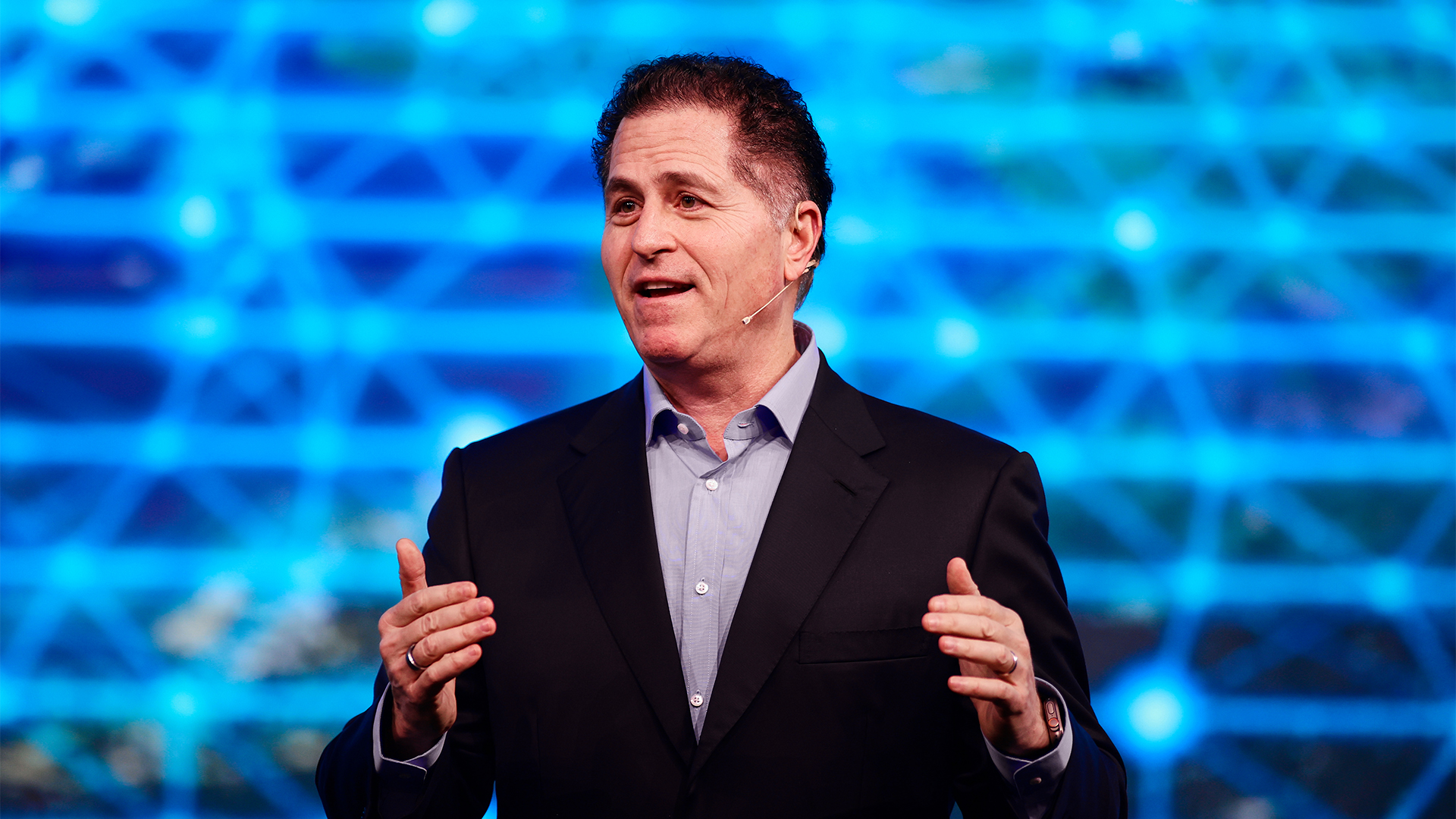 'Nothing is faster than the speed of human interaction': Dell orders staff back into the office as the company shakes up hybrid working practices
'Nothing is faster than the speed of human interaction': Dell orders staff back into the office as the company shakes up hybrid working practicesNews Dell Technologies has ordered staff to return to the office five days a week, according to reports, with some exceptions allowed for staff located too far from physical office sites.
By Emma Woollacott
-
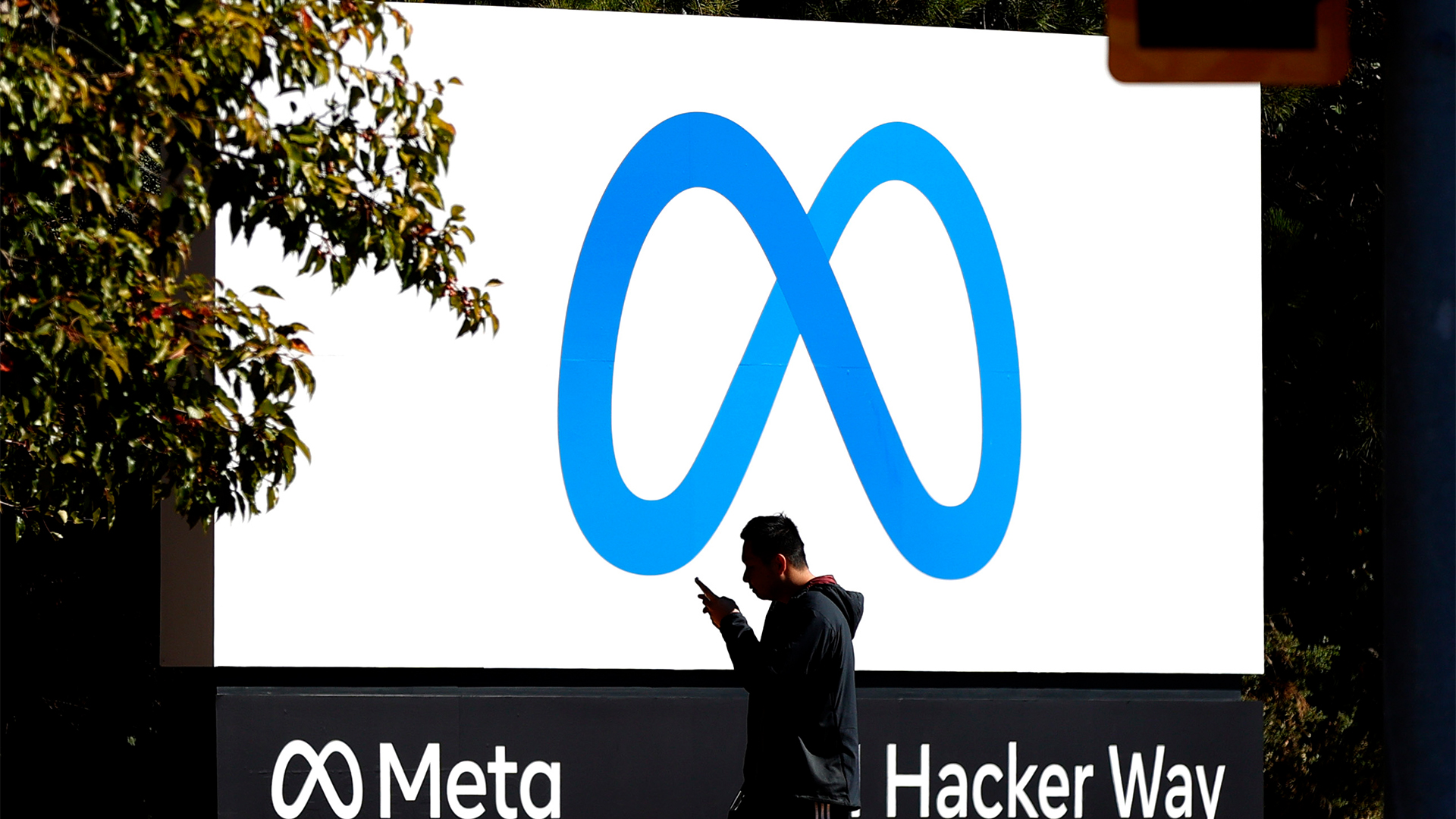 Meta layoffs hit staff at WhatsApp, Instagram, and Reality Labs divisions
Meta layoffs hit staff at WhatsApp, Instagram, and Reality Labs divisionsNews The 'year of efficiency' for Mark Zuckerberg continues as Meta layoffs affect staff in key business units
By Ross Kelly
-
 Business execs just said the quiet part out loud on RTO mandates — A quarter admit forcing staff back into the office was meant to make them quit
Business execs just said the quiet part out loud on RTO mandates — A quarter admit forcing staff back into the office was meant to make them quitNews Companies know staff don't want to go back to the office, and that may be part of their plan with RTO mandates
By Nicole Kobie
-
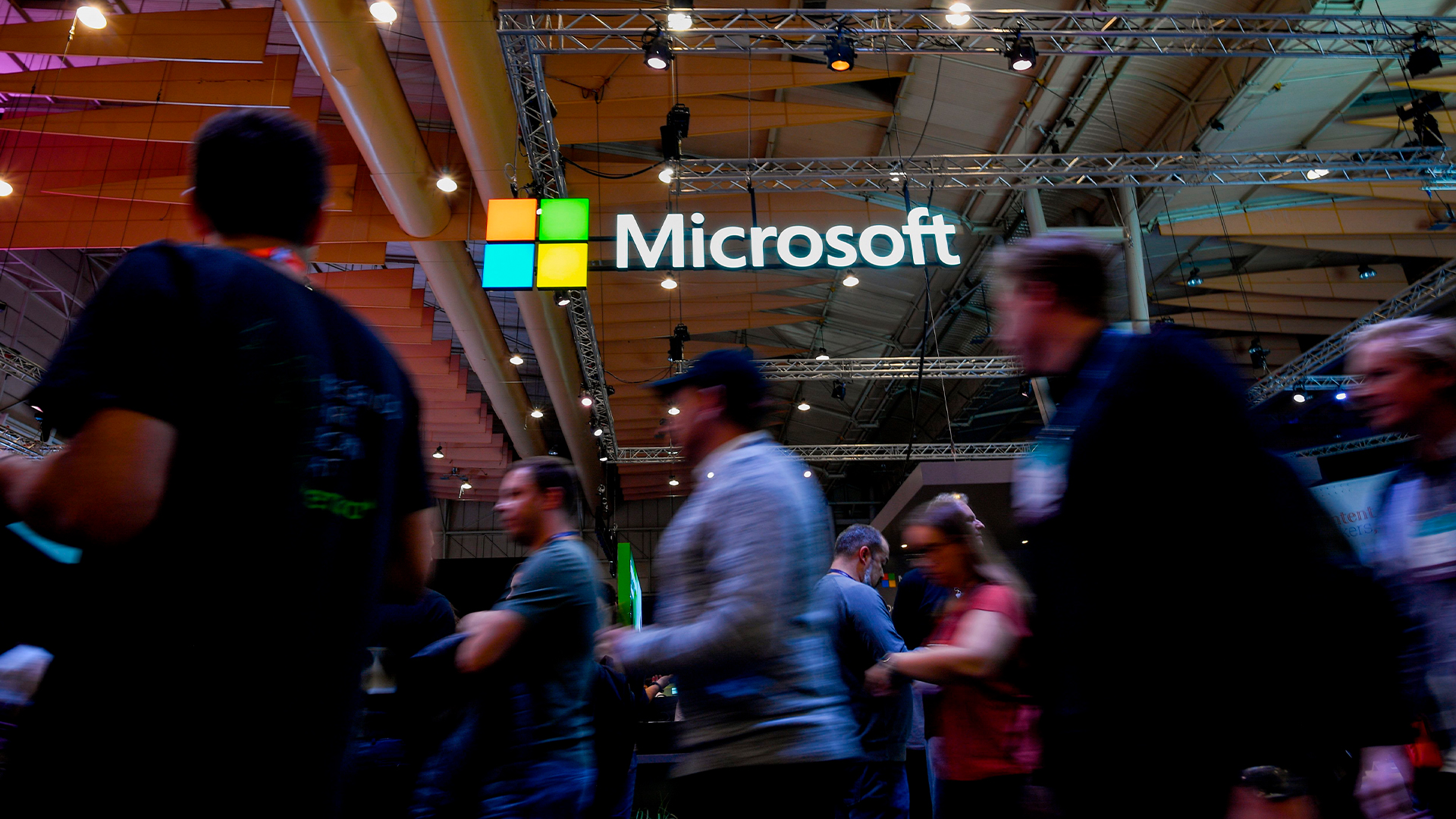 Microsoft tells staff it won’t follow Amazon or Dell on enforcing a return to the office – but there’s a catch
Microsoft tells staff it won’t follow Amazon or Dell on enforcing a return to the office – but there’s a catchNews While other big tech companies are forcing reluctant workforces back into the office, Microsoft isn’t following suit
By George Fitzmaurice
-
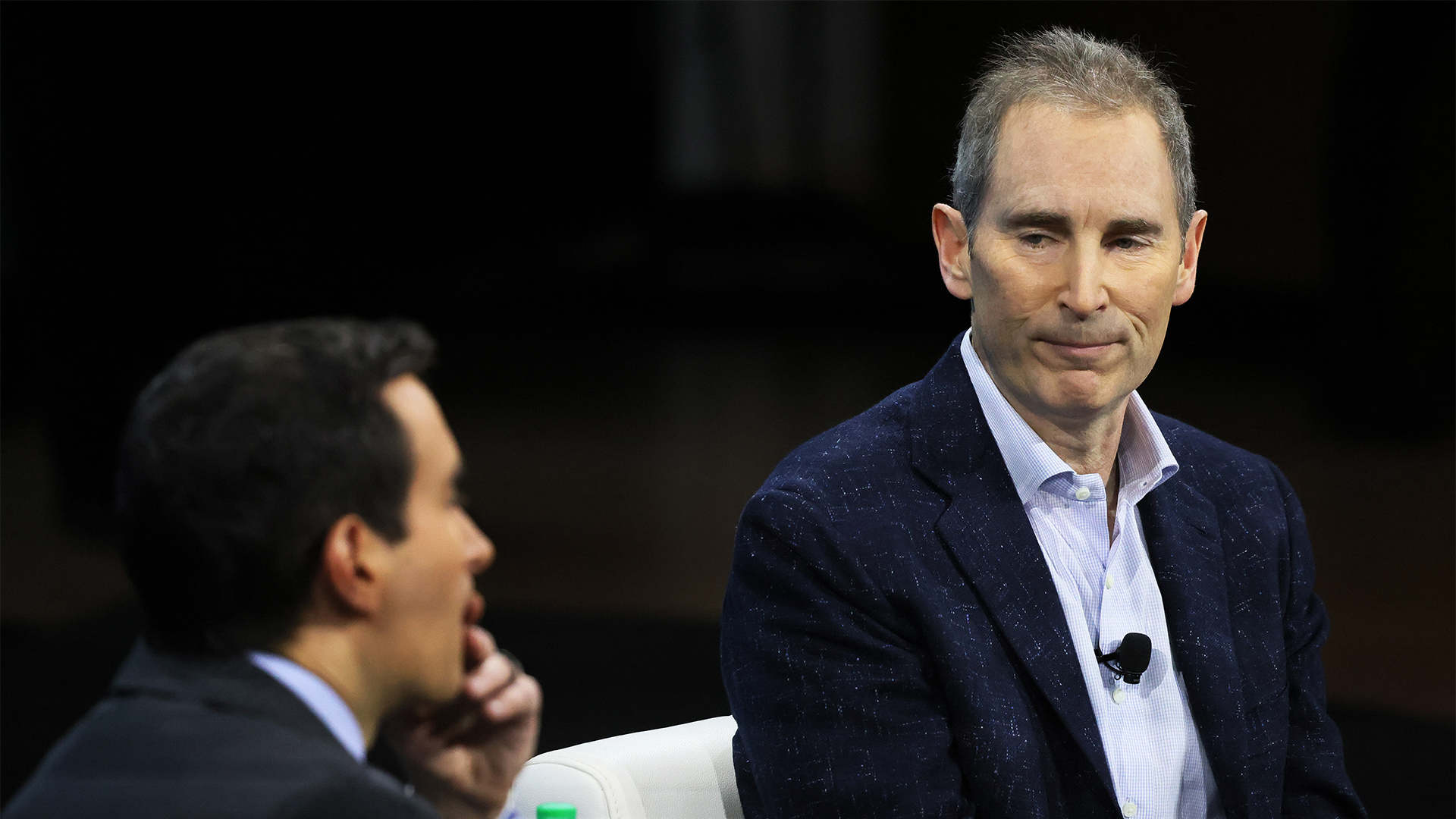 Amazon workers aren’t happy with the company’s controversial RTO scheme – and they’re making their voices heard
Amazon workers aren’t happy with the company’s controversial RTO scheme – and they’re making their voices heardNews An internal staff survey at Amazon shows many workers are unhappy about the prospect of a full return to the office
By Ross Kelly
-
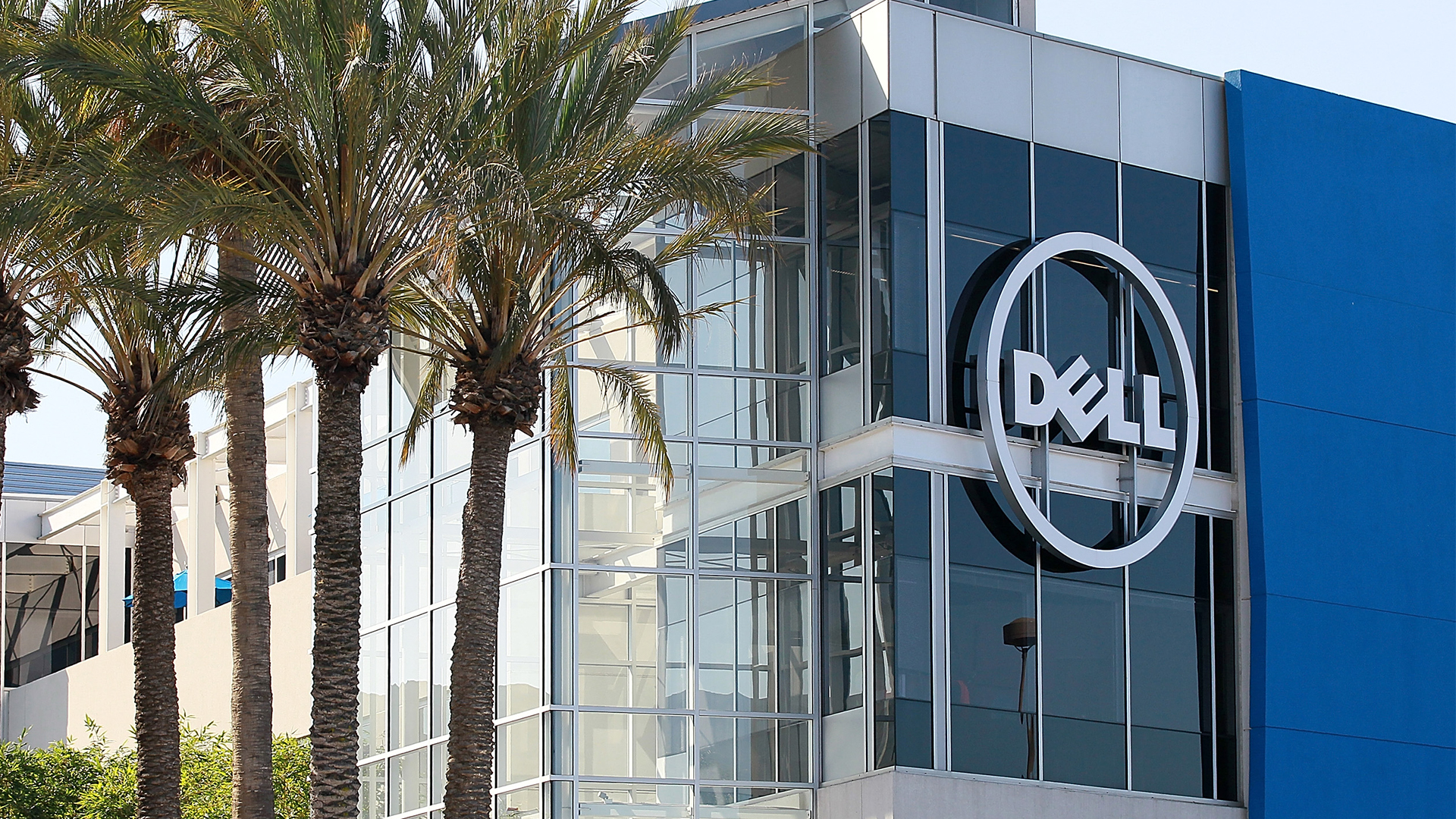 Predicts 2024: Sustainability reshapes IT sourcing and procurement
Predicts 2024: Sustainability reshapes IT sourcing and procurementwhitepaper Take the following actions to realize environmental sustainability
By ITPro